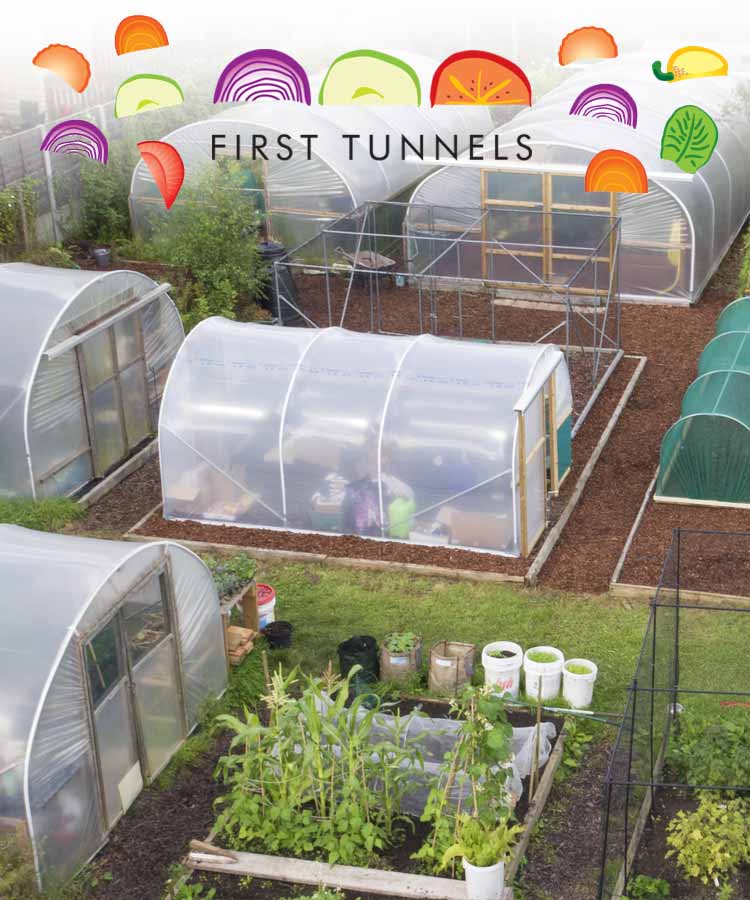If you have had a successful year in your polytunnel, you may well find that your freezer is crammed full with produce that can last you over the leaner months to come. But what do you do when the freezer is full and you still have excess produce on your hands? This is a good problem to have. But getting organised with natural preservation methods can make it easier to feed yourself over the winter months. Here are some of the methods you can use:
With the right preservation methods, you can enjoy potatoes and other root crops over the winter months. While ideally we would all have a root cellar to store our produce, most of us do not have that luxury. Luckily, we can all utilise one of the easiest methods for preserving potatoes and other crops – storing them in the ground. A traditional 'potato grave', as they are sometimes called, is simply a hole dug in the ground (where there is no water logging) in which potatoes can be kept until they are needed.
Plenty of other types of produce must be treated in order to be stored. Pickling is an easy way to preserve vegetables for the months to come. You can make your own pickling juice with apple cider vinegar (which can be made from your own apples) and dill, which it is also possible that you have been able to grow on your own. You can also pickle in brine, or add other herbs or spices to make your own version of this classic pickling recipe.
Chutney is another good preservation method, and the resulting condiment is fantastic in winter sandwiches or with winter salads. Spices, sugar and vinegar can be added to a range of different crops to preserve them over the months to come.
Sweet jams and jellies are commonly used to preserve fruits, though it is worthwhile considering that you can also make jams with pumpkins, squash, or other traditionally savoury crops. You can make these preserves healthier by using honey, and though these sorts of healthier jam will not last as long as traditional sugar jams, they will still allow you to keep fresh produce for longer.
One final preservation method to consider is dehydration. Some dehydration will have to be undertaken in an oven in the UK, though other things can be dried inside a heated home. Apples are one good choice for drying – dehydrated apples will last a long time and provide a healthy and delicious addition to a breakfast, or simply to enjoy as a snack.
